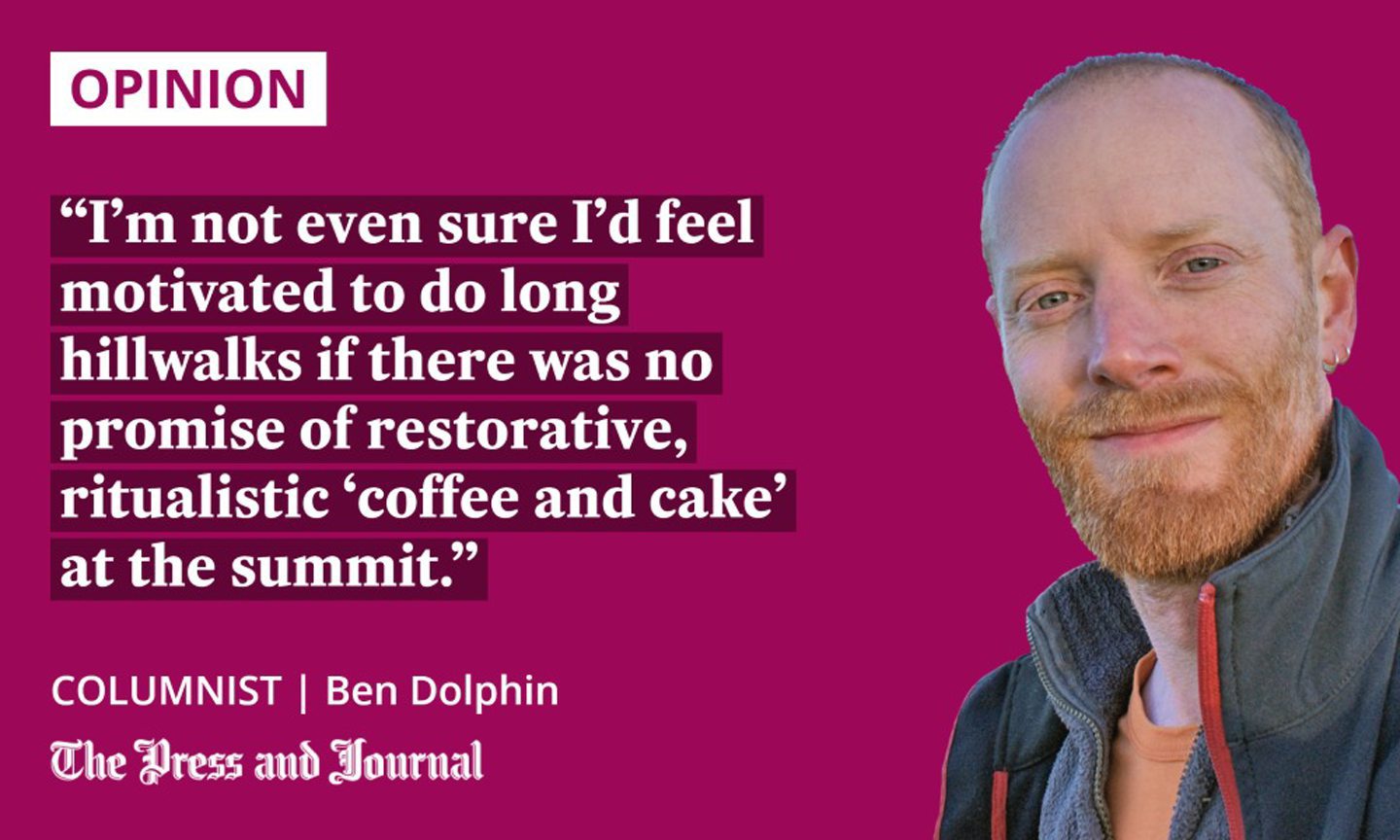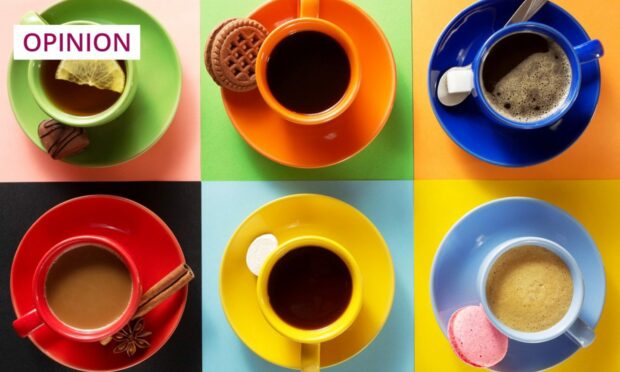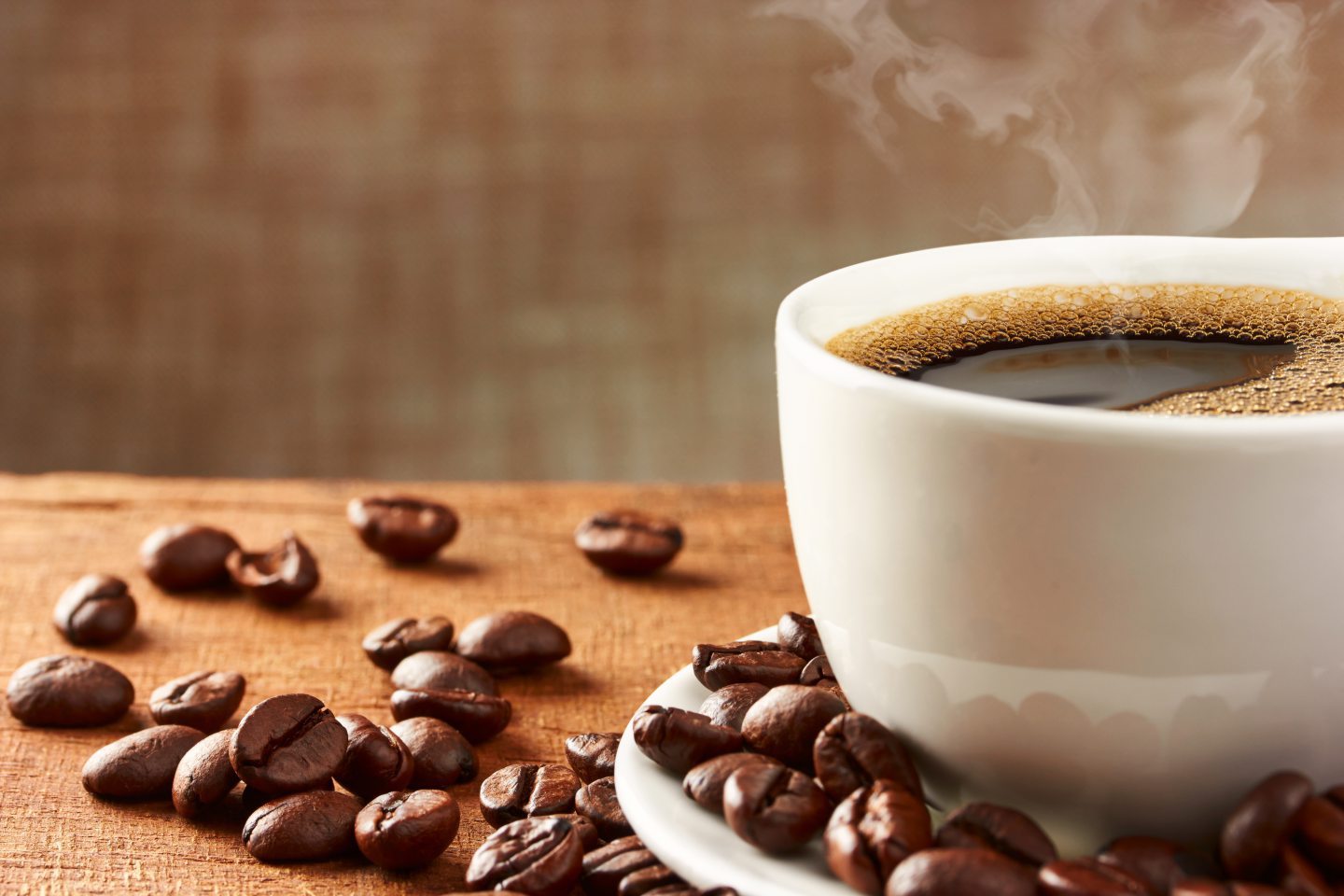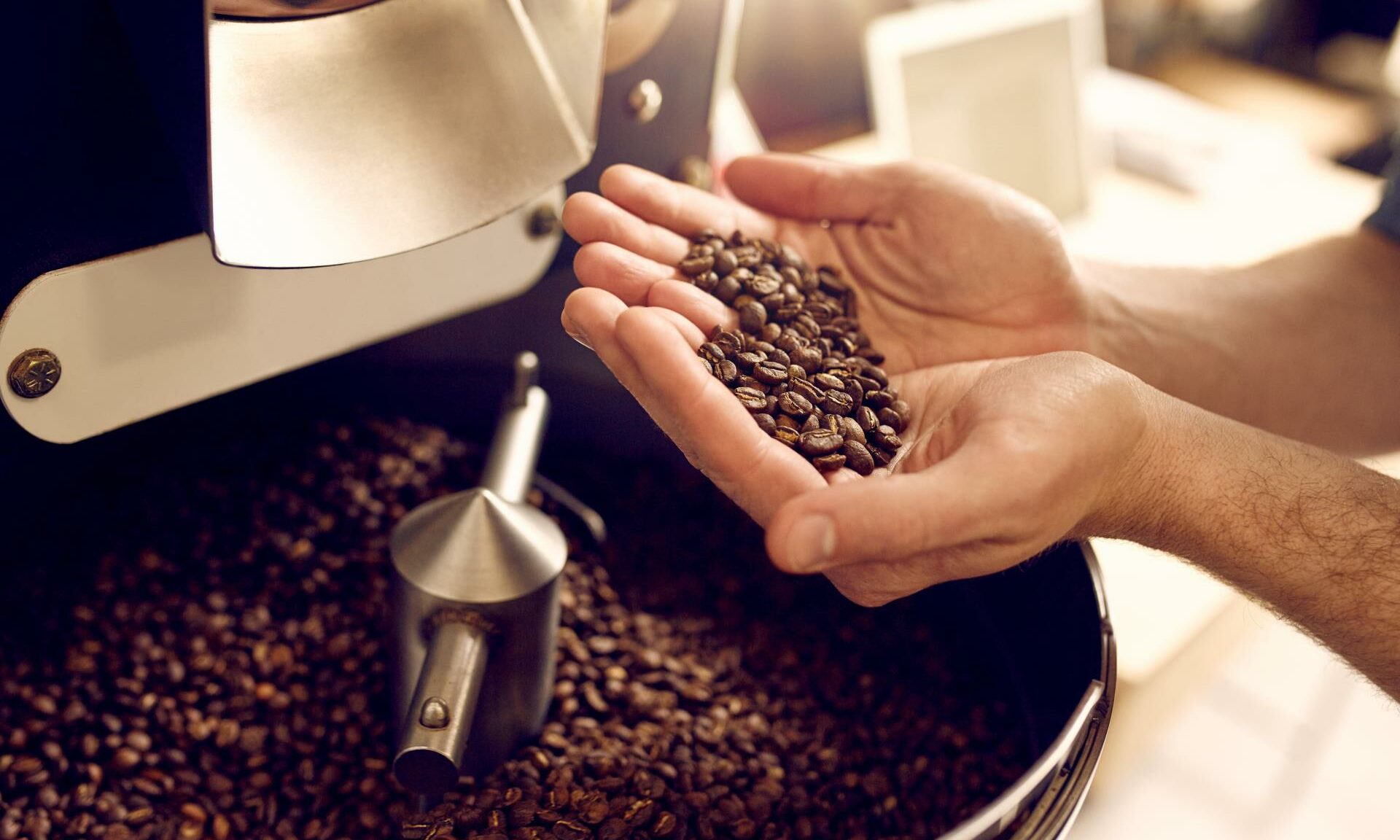After a period of Covid-induced tea and coffee abstinence, Ben Dolphin found himself wondering if he should give up the habit for good.
During a recent bout of Covid, I did what many of us do when we’re feeling low. I reached for that tried and trusted crutch – a nice hot mug of tea.
Oddly, I couldn’t smell anything as I brought the mug to my face. Assuming I was just congested, I took a sip and… oh. Something wasn’t right.
I looked down, in case I’d absent-mindedly forgotten to add the teabag, but no. The tea looked perfect. I just couldn’t taste it. It was like water.
Hesitantly, I took another sip, and then realised it wasn’t just the taste I’d lost. That bitter burst of tannins, which always hits the tip of my tongue, was gone as well.

My mouth was dead, like drinking old cola that’s gone flat, when you’re expecting the popping sensation of bubbles on your tongue.
Assuming it was a temporary affliction, the absence of taste was surmountable. But, to my surprise, the lack of a physical sensation while eating or drinking was not. I’d never considered before just how intrinsic to the tea experience the “feel” was.
I poured the “tea” away.
Panicking at having lost my preferred crutch, I instead turned to the next best thing: coffee. There was taste this time, but, rather than the familiar rich, aromatic nuttiness, I only got “ashtray steeped in dishwater”.
I poured the “coffee” away.
Tea and coffee are daily rituals
If Covid had brought me low, the thought of losing both tea AND coffee brought me lower still. I’d read nightmare stories about people losing their sense of taste for months, even years. What if neither drink ever got its taste back? How would I function?!
Tea and coffee are the rituals around which my days are constructed, albeit with very specific purposes.
They both contain caffeine, but there’s generally more of that in coffee than tea. Caffeine suppresses the chemicals that prompt your brain to think about winding down, so coffee is the thing I use for alertness, for motivation, for making things brighter and sharper. It’s the work drink.
Between 9am and 5pm, therefore, it’s coffee. Lots of it. But, when I wake up in the morning, it’s tea. Similarly, around 8pm, tea’s my last drink of the day. Biscuit compulsory.
I like a strong cup of tea, too, by which I mean steeped for AGES, with only a dash of milk. The longer you steep, the more tannins are released. This gives tea the “astringency” that my Covid-mouth was sorely missing. But, the more you steep, the more theanine (an amino acid absent from coffee) is released.
Interestingly, theanine not only counteracts the early release of caffeine during the brewing process, but it also relaxes you by lowering your cortisol levels
Interestingly, theanine not only counteracts the early release of caffeine during the brewing process, but it also relaxes you by lowering your cortisol levels. Tea, therefore, is my gentle “good morning” and “good night” at either end of the day. Something to blur the lines a bit.
I’m always drinking or thinking about a cuppa
Point is, there’s barely an hour of the day when I’m not drinking or thinking tea or coffee. And, after three days of Covid-induced abstinence, I’d gone longer without either than at any point in at least 25 years.
I felt wretched. The Covid, presumably, but, given my ultra-dependence on caffeinated beverages, I actually started wondering whether my wretchedness was compounded by caffeine withdrawal.
I’d unwittingly experienced that once before. Back in 1998, I worked in a Starbucks in Vancouver. We got a free drink before and after our shifts, plus on our two breaks. Four drinks a day. And, because my drink of choice was a wonderfully pretentious “iced triple grande vanilla 2% latte”, I was consuming 12 shots of espresso per day. Every day.
I never considered the health implications – not until I had a week’s holiday with no free coffee. My holiday was ruined. I spent it fatigued and confused, in bed, with chronic headaches and heart palpitations.
I’m sticking to caffeine
I’m pretty sure it was 100% Covid this time. Even so, after five days in bed, I started wondering what I’d be missing if I had to give tea and coffee up.
For motivation, relaxation and, above all, for peanut butter on toast’s sake… I’m in
Well, I certainly wouldn’t miss the lavatory. Coffee seems particularly bad for that, although I do wonder whether I’d have the exact same problem if I drank the equivalent amount of water instead.
One thing’s certain: cake would never be the same again. I rarely, if ever, have cake without a hot drink. Bite, swig and repeat and repeat, in a heavenly duel between bitter and sweet.
I’m not even sure I’d feel motivated to do long hillwalks if there was no promise of restorative, ritualistic “coffee and cake” at the summit. But, above all else, my absolute favourite tea ritual is getting up a local wee hill for sunrise and back home for a congratulatory breakfast of peanut butter on toast, washed down with a mug of strong tea. That post-sunrise combo tastes better than anything I know.
There are, of course, plenty of sensible, scientific reasons to stick with tea and coffee: antibacterial, antioxidising, anticarcinogenic, anti-inflammatory. But, for ritual’s sake. For cake’s sake. For motivation, relaxation and, above all, for peanut butter on toast’s sake… I’m in. Or at least I will be when I find my taste buds!
Ben Dolphin is an outdoors enthusiast, countryside ranger and former president of Ramblers Scotland




Conversation